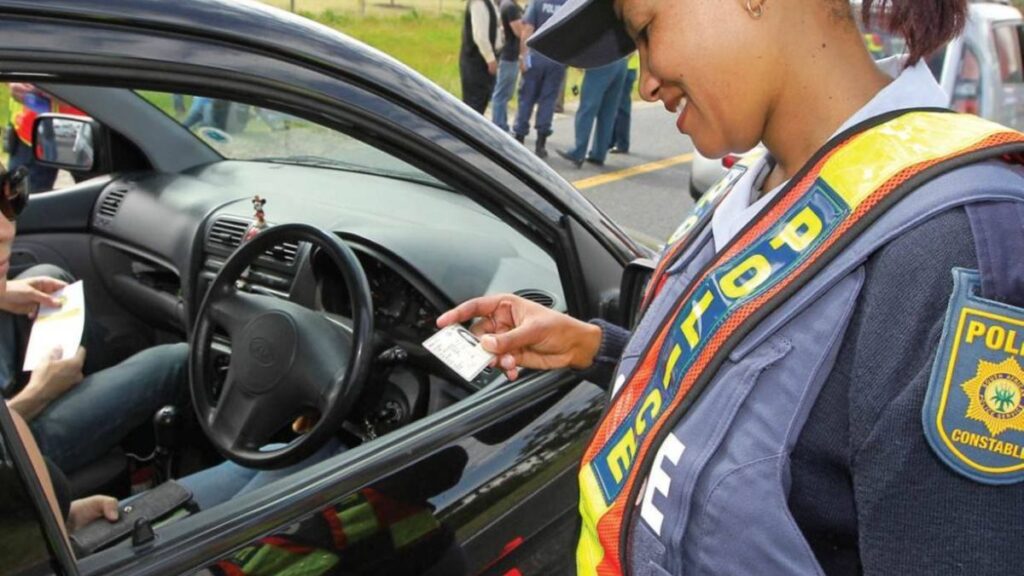South Africa’s driving licence demerit system gets new launch date

South Africa’s demerit points system for drivers will come into full effect in September 2026, following a phased rollout of the Administrative Adjudication of Road Traffic Offences (AARTO) Act starting in December 2025.
This is according to Road Traffic Infringement Agency (RTIA) spokesperson Monde Mkalipi, who outlined the agency’s plan for implementing the new traffic enforcement regime.
The first phase of the rollout begins on 1 December 2025, when AARTO will be introduced in 69 municipalities, including major metros like Cape Town and Johannesburg.
“Most of the metros are included as part of the initial rollout,” said Mkalipi. The agency will expand coverage in two additional waves, one in February and another in April 2026, to include the remaining municipalities.
The RTIA and the Department of Transport believe the AARTO system is necessary to tackle the human behaviours behind most road crashes in the country.
“Research has shown that more than 80% of road crashes are due to human error and thus call for behaviour-changing efforts on our part,” said the Deputy Minister of Transport, Mkhuleko Hlengwa, in his budget vote speech.
He described AARTO as central to the demerit system that systematically aims to contain road user behaviour.
Although the AARTO rollout begins in December 2025, the points demerit system, often seen as the heart of the reform, will only be activated from 1 September 2026.
This system will allocate demerit points for traffic infringements, leading to licence suspensions or cancellations if drivers accumulate too many points.
Learner drivers can only accumulate up to six points before facing a three-month suspension, while fully licensed drivers face suspension at fifteen points.
From December 2025, drivers will initially engage with AARTO’s “elective options,” previously tested in Johannesburg and Tshwane.
“If you receive a traffic infringement, you’ll be expected to resolve it within 32 days and can benefit from a 50% discount,” Mkalipi explained.
For those who miss the 32-day deadline, alternatives include submitting a representation to dispute the fine, nominating another driver, redirecting the infringement, or paying in instalments.
“These five elective options are key features of the system. We will explain these to road users so they know exactly how to respond to infringements,” he said.
AARTO rollout impractical
Mkalipi warned that non-compliance will carry serious consequences. “If you violate traffic laws and don’t act, your driving licence or vehicle licence disc may be blocked from being renewed,” he said.
This includes holders of public driving permits, who will also need to act quickly to avoid penalties. A key objective of the new system is to bring consistency across the country’s fragmented traffic enforcement landscape.
“Currently, the system is fragmented. Cape Town has its own bylaws, which might differ from those of Johannesburg or Tshwane. AARTO brings uniformity,” Mkalipi explained.
The system will also digitise traffic law enforcement to combat corruption. “Currently, most parts of the country use handwritten infringement notices,” Mkalipi said.
“With AARTO, we are moving to electronic devices. When a violation is captured, it is immediately loaded onto a handheld gadget and fed into the system. This will reduce human interference and help eliminate bribery.”
Some municipalities have already begun piloting these systems, and RTIA hopes to phase out paper-based fines entirely. Infringements will eventually be delivered via email and other electronic channels.
While the government has promoted AARTO as a game-changer, some civil society groups are not convinced.
The Organisation Undoing Tax Abuse (OUTA) has previously raised serious concerns, calling the rollout impractical and an administrative burden.
“It does not address the root causes of accidents, the risk of corruption, and administrative cumbersomeness,” OUTA said.
Municipal buy-in is another major challenge. OUTA questioned whether all 245 municipalities and seven metros could realistically be ready for AARTO.
The Automobile Association (AA) echoed these concerns. “We stand by our previous views that the AARTO legislation is geared towards revenue collection and not on promoting safer roads,” it said.
“Introducing legislation will not solve the country’s road safety crisis. This merely creates an impression of action while nothing will change on the ground.”
The AA further noted that there’s no evidence the AARTO pilot in Johannesburg and Tshwane saved any lives.
Despite these criticisms, Mkalipi said the RTIA is committed to public education and ensuring the system brings real safety benefits.
“We are hoping that, with the new system, we can reduce fatalities and promote accountability on the roads,” he said.





















